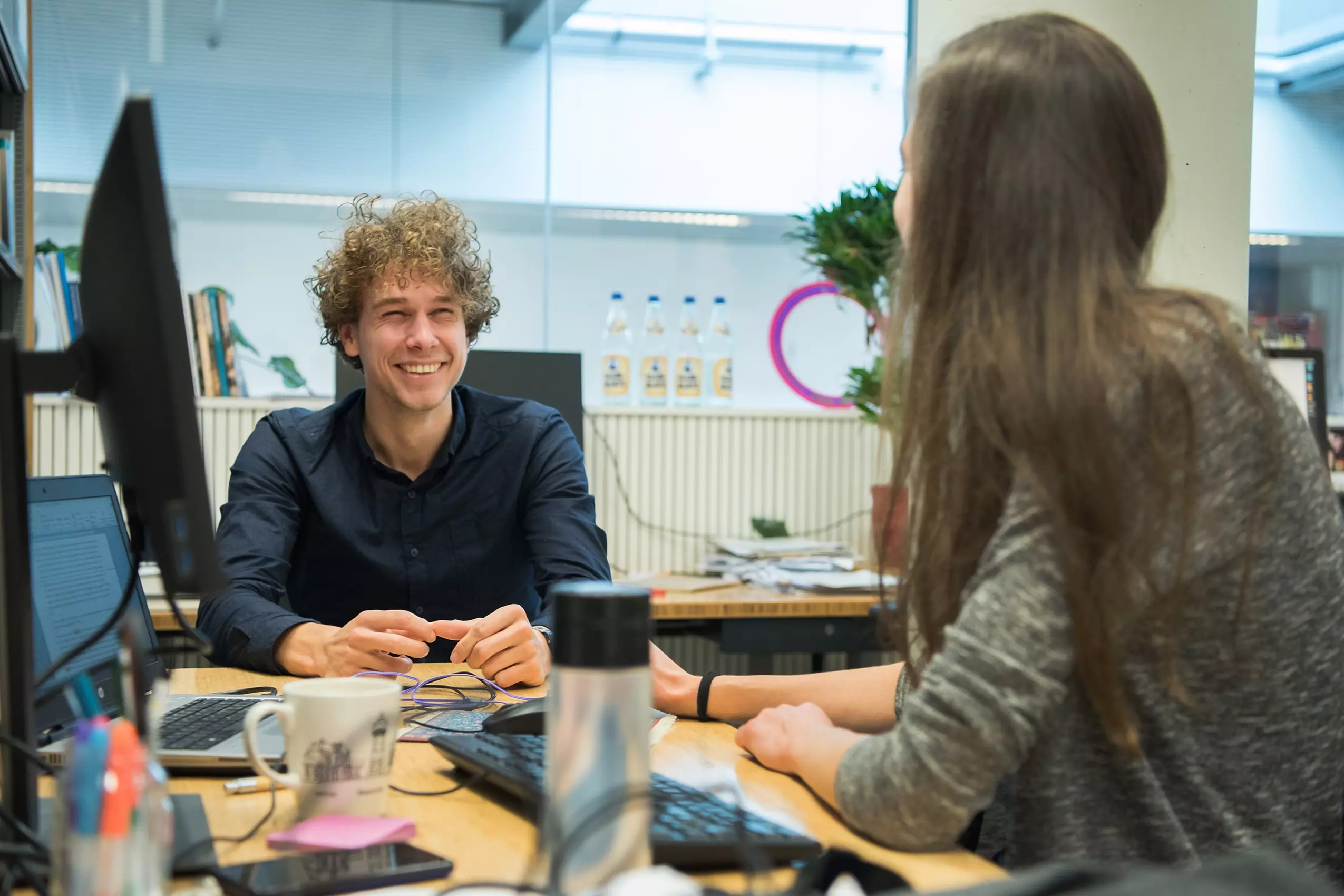This website uses cookies
We, and third parties, use cookies on our website. We use cookies to ensure that our website functions properly, to store your preferences, to gain insight into visitor behavior, but also for marketing and social media purposes (showing personalized advertisements). By clicking 'Accept', you agree to the use of all cookies. In our Cookie Statement. you can read more about the cookies we use and save or change your preferences. By clicking 'Refuse' you only agree to the use of functional cookies.
Not found

More vacancies

PhD Position in the Semantics of Homotopy Type Theory
- Faculty of Science
- €3.059 - €3.881
- Closes on27-09-2025
- Master's
- 38 hours
The Institute for Logic, Language and Computation (ILLC) at the University of Amsterdam is inviting applications for a fully funded PhD position in the NWO project "Simplicial type theory" lead by dr. Benno van den Berg.
View vacancy

Postdoc Researcher 'Ways of Water - Port of Amsterdam'
- Faculty of Social and Behavioural Sciences
- €4.728 - €6.433
- Closes on21-09-2025
- PhD
- 38 hours
Port-city areas have stated ambitious goals to reach the EU’s Green Deal, but different port actors impede coherent sustainability pathways. We are looking for an independent and interdisciplinary postdoctoral researcher who will investigate the perceptions of various actors of the port area’s water system in Amsterdam in the context of the energy transition.
View vacancy
.jpg)
Postdoc Position in Molecular and Material design
- Faculty of Science
- €3.546 - €5.538
- Closes on10-10-2025
- PhD
- 38 hours
Looking for an interesting postdoctoral position in Molecular and Material design? Join us!
View vacancy
